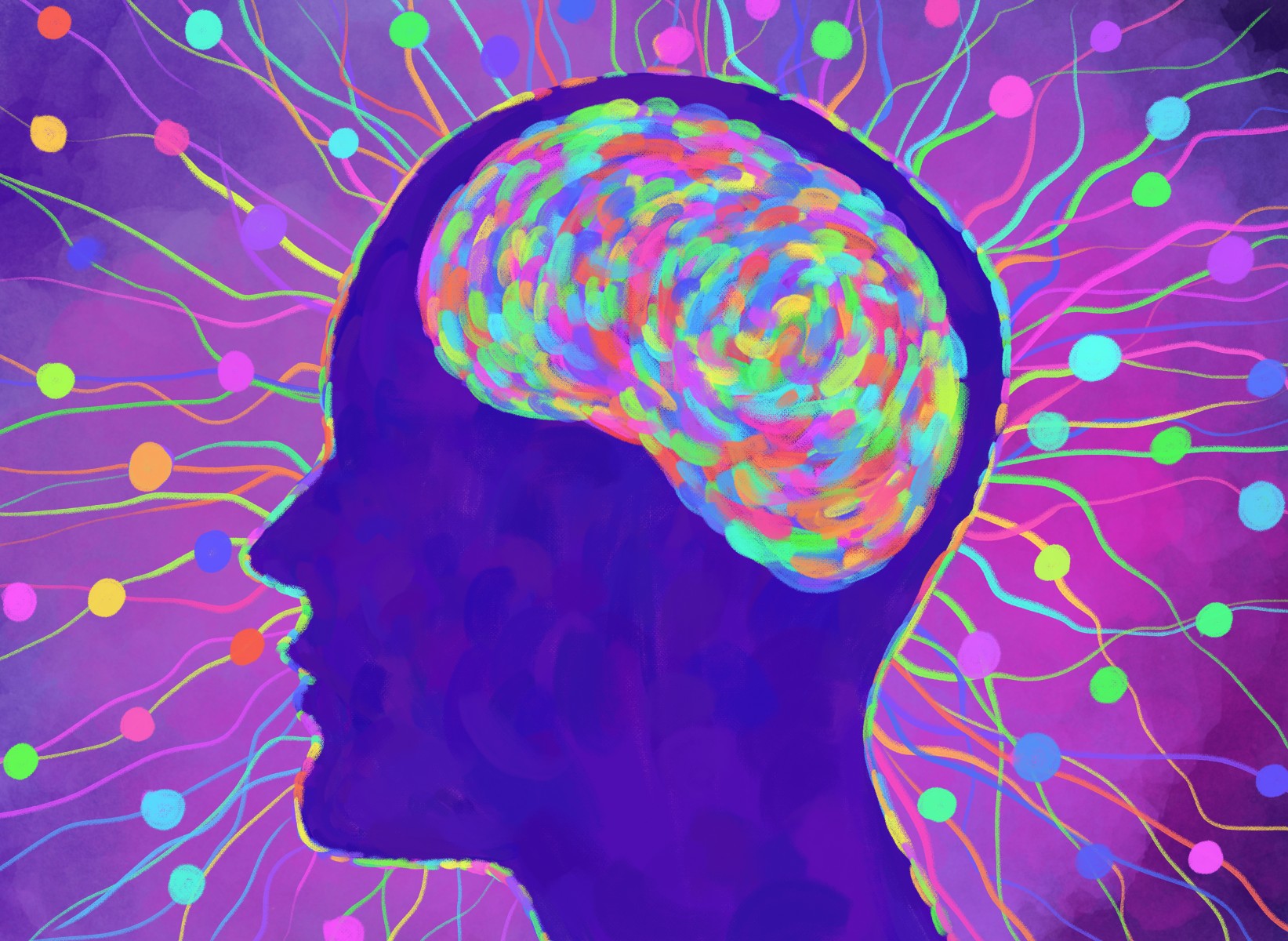Neuro Annual Report Highlights Advances in Patient Care, Research
The Latest Discoveries, Medical Achievements and Metrics From Cedars-Sinai’s Departments of Neurology and Neurosurgery
The 2022 Annual Report from the Departments of Neurology and Neurosurgery at Cedars-Sinai is available now, detailing recent achievements from this world-class team offering care for more than 150 complex neurological disorders.
Among the departments’ accomplishments are a #11 ranking in Neurology and Neurosurgery by U.S. News & World Report Best Hospitals and the lowest mortality rate in the U.S. for ischemic strokes among Medicare patients, according to the U.S. Centers for Medicare & Medicaid Services.
“We are known for our state-of-the-art research, our clinical outcomes and the personalized attention we give each patient,” Keith L. Black, MD, chair of the Department of Neurosurgery, and Nancy L. Sicotte, MD, chair of the Department of Neurology, wrote in the introduction to the report, which details recent breakthroughs and advances in treating conditions such as cerebrospinal fluid leak, skull base tumors, and memory and movement disorders.
CSF Leak
Cedars-Sinai neurologists and neurosurgeons have unmatched expertise in treating cerebrospinal fluid (CSF) leak, a difficult-to-spot disorder that can cause headache, tinnitus, visual disturbance and meningitis.
In 2021, the team hosted the Fourth Annual Cedars-Sinai Intracranial Hypotension Symposium for healthcare providers, patients and caregivers. Topics included a noninvasive way to diagnose intracranial hypotension, in which abnormally low volume in the skull can be caused by CSF leaks.
The CSF Leak Program also began offering new treatments for CSF leak, and investigators there found that treatment of CSF leak can reverse superficial siderosis—a chronic condition where bleeding into the area between the brain and skull leads to hearing loss and movement and motor difficulties.
The team published 80 studies on CSF leak in peer-reviewed journals, including the only study investigating long-term risks of persistent CSF leak.
Skull Base Tumors
Cedars-Sinai was among the first medical centers to offer a comprehensive, multidisciplinary approach to diagnosing and treating conditions of the skull base, a complex area crossed by every nerve carrying signals between the body and the brain. The team’s expertise includes minimally invasive tumor removal and development of an immunotherapy protocol to treat neurofibromatosis 2, a rare genetic cause of skull base tumors.
The team also treats 400 new patients with pituitary disorders each year and provides guidelines for treatment of pituitary apoplexy—spontaneous bleeding of pituitary tumors—via the Pituitary Apoplexy Surgical Timing and Outcome Registry (PASTOR) project initiated at Cedars-Sinai.
PASTOR data about treatment approaches and outcomes from nine medical centers in the U.S., Canada, Europe and Asia will be published and presented in 2022.
Memory Disorders
Each year, 4,000 patients with Alzheimer’s disease and related dementias receive medical care at Cedars-Sinai. The Jona Goldrich Center for Alzheimer’s and Memory Disorders launched multidisciplinary memory evaluation clinics in 2021, enabling patients to see the complete memory disorders team—physicians, nurse practitioners, neuropsychologists, pharmacists, social workers and genetic counselors—in one clinic day.
Community outreach to underserved populations, access to cutting-edge research, and initiatives to screen patients for cognitive impairment in primary care and emergency department settings are just a few of the center’s many clinical offerings.
In tandem with the center, the Department of Neurology established a Neurobehavior Program, training 150 residents, medical students and other health professionals in cognitive neurology each year.
Starting this month, the Cedars-Sinai Behavioral Neurology and Neuropsychiatry Fellowship Program will commence training the next generation of physician leaders in behavioral neurology.
Movement Disorders
Cedars-Sinai handled 4,250 outpatient visits and procedures for movement disorders, such as Parkinson’s disease, in 2021, and created the first multidisciplinary Parkinson’s clinic in Los Angeles, enabling patients to visit multiple specialists in a single location.
To reduce risk of complications for patients with Parkinson’s disease admitted to the hospital, the Parkinson’s Inpatient Outcomes Project task force created an alert system to monitor treatment protocols.
As part of the Linked Clinical Trials initiative, investigators completed a clinical trial to test a Type 2 diabetes drug, the GLP-1 agonist liraglutide, as a potential treatment for Parkinson’s. Results were presented at the American Academy of Neurology in April 2022.
“While we are proud of our accolades and achievements, we are most gratified when we help fulfill Cedars-Sinai’s core mission of improving the health status of the community,” Sicotte and Black wrote in the report. “More hard work remains, yet the unwavering energy and commitment of our faculty, staff and supporters carries us forward and strengthens our mission.”
Click here to read the Annual Report.
Read more on the Cedars-Sinai Blog: Understanding Parkinson’s Disease




